“Name of the Year” Nomination
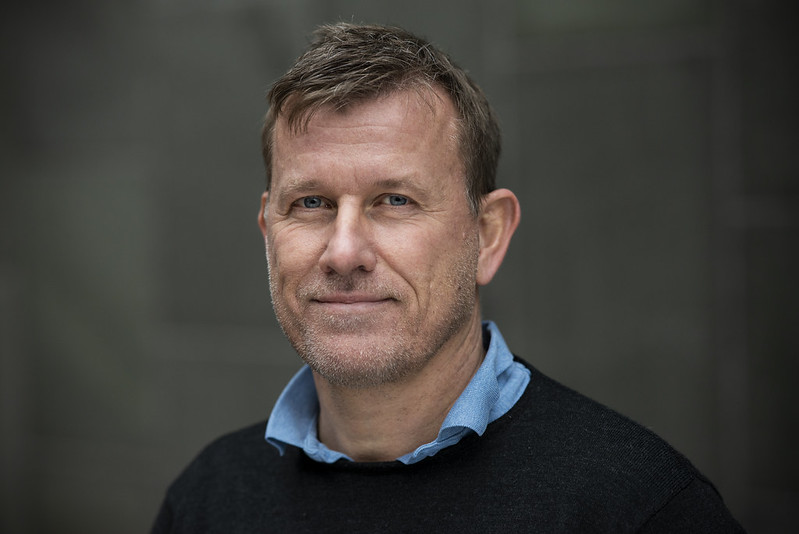
Congratulations to PANSOC Centre Leader Svenn-Erik Mamelund, who has (for the second year) been nominated as Name of the Year in Academia by readers of Khrono. Read more here.

Congratulations to PANSOC Centre Leader Svenn-Erik Mamelund, who has (for the second year) been nominated as Name of the Year in Academia by readers of Khrono. Read more here.
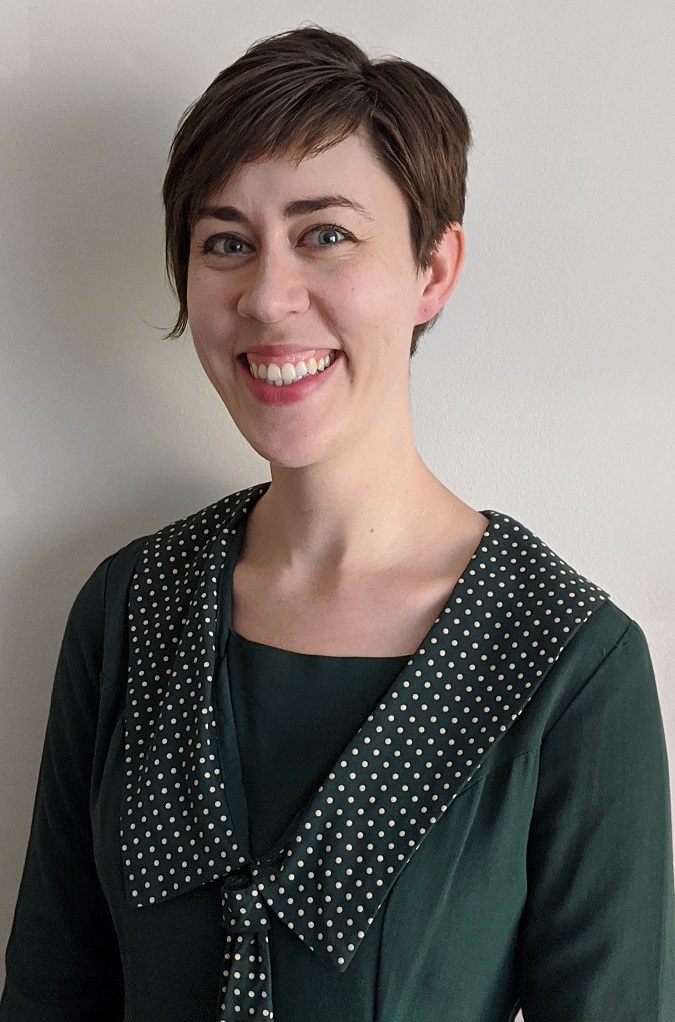
Email jessicad@oslomet.no if you need a link!
Madeleine Mant, University of Toronto Mississauga: “Going Viral: COVID-19 and Risk in Young Adult Health Behaviour Models.”
This talk will explore the University of Toronto COVID-19 Student Survey, the first in Canada to capture survey and interview data concerning youths’ reactions to the COVID-19 pandemic. This study tracks students’ self-reported anxiety, media use, effects of social distancing on their lives and educational experience, health behaviours, vaccine confidence, and their contextualization of the pandemic through time using iterative surveys and semi-structured interviews. The first survey opened on March 20, 2020, four days after the University of Toronto cancelled all in-person undergraduate classes. Subsequent surveys and interviews were completed three, six, 12, and 18 months after the closure of the university, allowing for longitudinal investigation of students’ impressions of this public health crisis.
Dr. Madeleine Mant is an Assistant Professor in the Department of Anthropology at the University of Toronto Mississauga. Her research focuses on the lived experience of trauma and infectious disease through time, drawing upon bioarchaeological, archival, and modern qualitative datasets.

Senterleder Mamelund har akkurat vært med å spille inn en ny podkast om spanskesyken hos Radio Metro, du kan høre hvorfor “alle pandemiers mor” endret verden her: Historier Som Endret Verden – Radio Metro
We at PANSOC will present our academic output for 2021 at Oslo Metropolitan University Researcher Day on the 29 November. See more here: OsloMet Research Day 2021 – OsloMet
Two of PANSOC’S masters students presented their work. Carla Louise Hughes presented on “The Association between the 1918 Influenza Pandemic and Suicide Rates in Norway” while Lara Maria Dora Steinmetz presented on “Vaccine hesitancy in Eastern Oslo during COVID-19: Associated sociodemographic factors and subsequent reasons.”
You can watch the video here: 21_11_18 PANSOC.mp4 – Google Disk
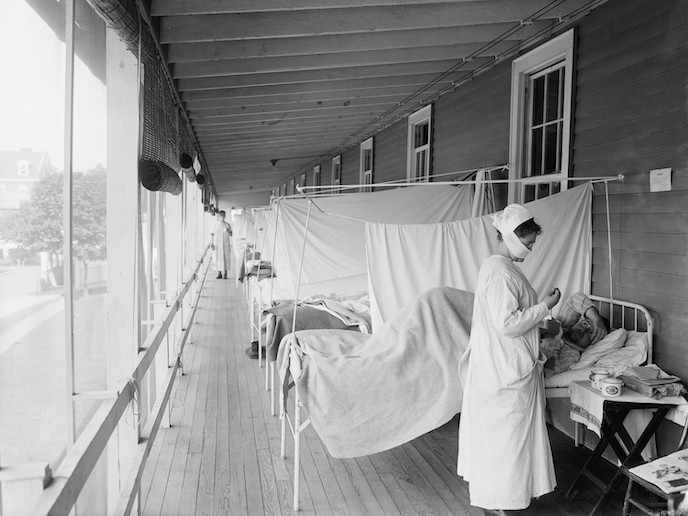
Jessica Dimka was recently interviewed about her MSCA project on disability as a risk factor during the 1918 influenza pandemic. Read more here:
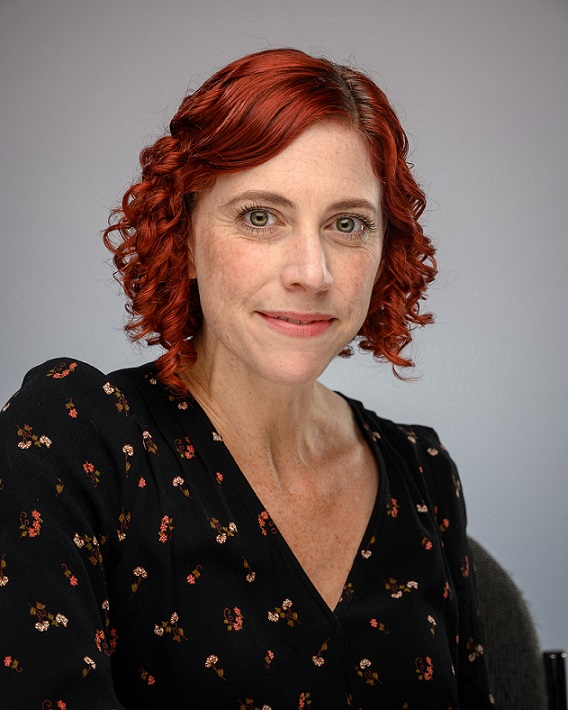
Watch yesterday’s webinar, “Social Inequality and Pandemic Mortality: the Biosocial Context of the 14th-Century Black Death” with Sharon DeWitte, here:
https://drive.google.com/file/d/1ro1D39YQSP1i-fSYGRNbzAeDRK9n485a/view?usp=sharing
And catch up on past webinars here:
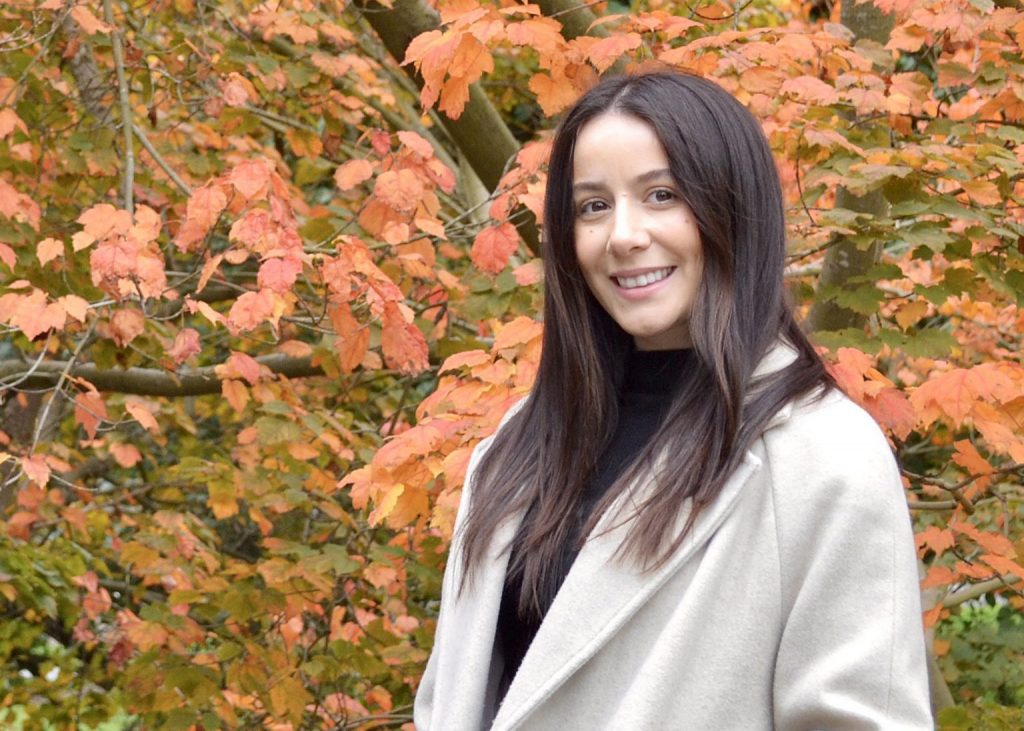

At the next webinar (18 November, 1600 CET), two Master’s students affiliated with PANSOC will talk about their theses. Contact jessicad@oslomet.no if you need a link.
Carla Louise Hughes: “The Association between the 1918 Influenza Pandemic and Suicide Rates in Norway.”
In this talk I will discuss my master’s thesis topic regarding the association between the 1918 flu pandemic and suicide rates in Norway, between the years 1910-1920. Due to Norway’s neutral standpoint during WW1, there was no requirement to control for WW1 deaths. Therefore, this research pushes the front as it is the first attempt to explore this association in a neutral context.
Lara Maria Dora Steinmetz: “Vaccine hesitancy in Eastern Oslo during COVID-19: Associated sociodemographic factors and subsequent reasons.”
Now that the long awaited vaccines against COVID-19 have arrived, we rely on sufficient vaccine uptake in order to contain the spread of the virus. In this regard, vaccine hesitancy is paramount. Vaccine hesitancy can be understood as either the delayed acceptance or refusal of a vaccine despite its availability. Eastern Oslo has experienced disproportionately high infection rates throughout the lifespan of the current pandemic, which emphasizes the importance of vaccine coverage in this particular area. Vaccine hesitancy is however yet to be addressed. This study therefore aims to add to this knowledge, by identifying sociodemographic predictors and subsequent reasons for vaccine hesitancy.
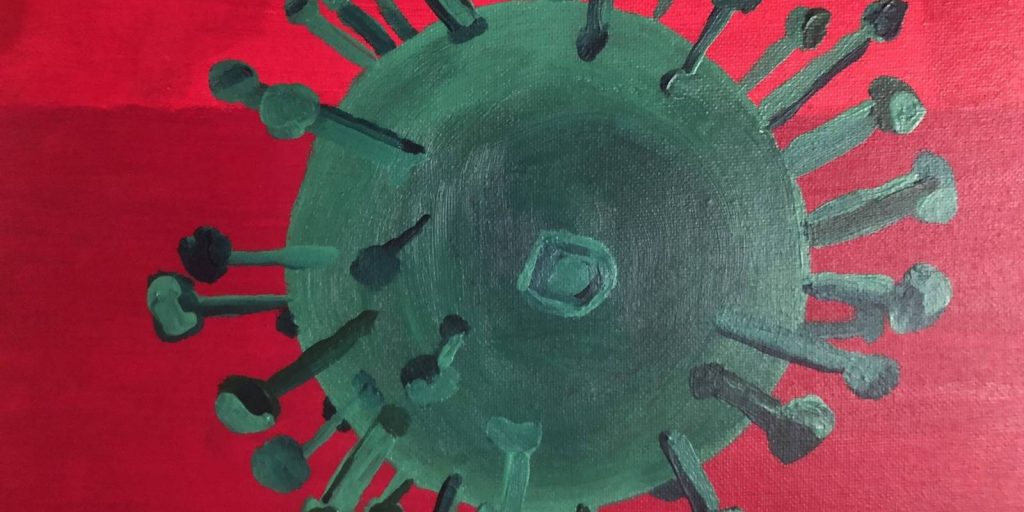
If you missed the 28 October webinar with Hampton Gaddy, you can watch “Re-estimating the global and national death tolls of the 1918-20 pandemic: Updating Johnson and Mueller (2002)” here:
https://drive.google.com/file/d/1qsOf1GMe0G-mkEVB9Uz7wQje43tb2tvL/view?usp=sharing
Other past webinars are available here:


Last month, Carla Louise Hughes, Nan Zou Bakkeli, and Jessica Dimka talked about PANSOC research related to mental health and pandemics, as part of OsloMet’s marking of World Mental Health Day. The lunch seminar (lunsjpåfyll) was organized by the University Library, and a video is available here: https://filmet.no/lunsjpafyll-mental-health-and